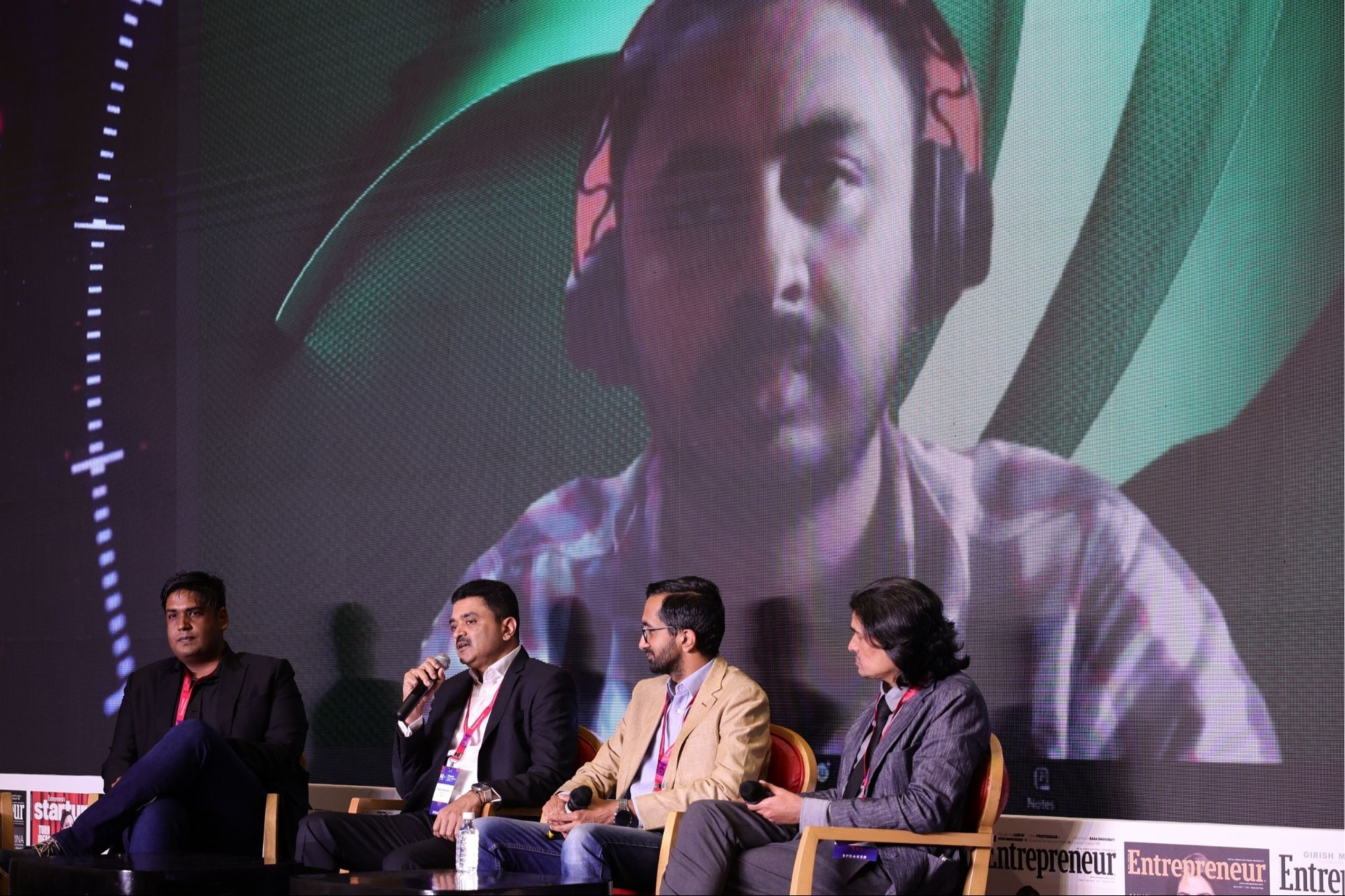Metaverse: How Different Sectors Are Adopting The Industry Fit? Supported by a number of technologies, metaverse offers a wide range of opportunities – use cases that can be explored across a wide range of sectors
You're reading Entrepreneur India, an international franchise of Entrepreneur Media.

In India, the Metaverse is likely to be a $1.1 trillion market by 2032, despite the unique challenges and roadblocks that are presenting themselves at present. The metaverse combines augmented and virtual reality, opening the door to what is known as 'mixed reality'. Supported by a number of technologies, this platform offers a wide range of advantages and opportunities – use cases that can be explored across a wide range of sectors.
Utsav Mathur, Co-founder, GMetri, said, "In the move towards digitization, we lost the Indian sense of design; however, we are very strong at technology." Sharing insights into India stack, Rajesh Mirjankar, MD and CEO, Kiya.ai, said, "The India stack is very interesting and there needs to be enough use cases in terms of using the India stack in metaverse, this will open up global avenues."
From education and training, to gaming, entertainment, and commerce, the Metaverse shall leave no stone unturned and no vertical untouched. Ravi Krishnan, Head, Flipkart Labs, said, "GenZ has grown up leveraging the metaverse and they are going to be a significant part, almost 27 per cent of our next workforce. Therefore, demographically, India will have an added advantage."
Fashion in the metaverse will be for everyone: Barriers such as price, size, and availability melt away in the digital world, creating an inclusive space where anyone can access and experience high fashion. Aditya Mani, Founder, YOLOgram Style, said, "We have an end to end framework in place to build the metaverse ecosystem in India and with the right support we can take it global. There is a huge opportunity in fashion."
With over half of its population under the age of 30, the country produces the highest number of STEM graduates globally. It is demographically well-positioned to contribute digital labor to the metaverse, especially since it is already a go-to destination for IT offshoring globally and is evolving rapidly into a product development hub.











